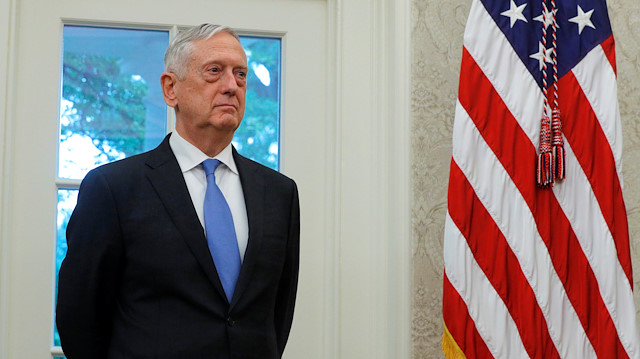
U.S. Defense Secretary Jim Mattis said on Saturday that the United States was in close contact with allies in Europe about the INF treaty and its implications for the region.
"We are in close collaboration with our European allies... and we will continue to collaborate very closely with the treaty and its implications for European security," Mattis said in a speech in Bahrain.
"Eventually we have to look reality in the eye, that is not to mean that we are walking away from arms control. But arms control must be more than words on a paper, it must be actions," Mattis added.
U.S. President Donald Trump said on Oct. 20 that Washington planned to quit the Intermediate-Range Nuclear Forces (INF) treaty which Mikhail Gorbachev, the last Soviet leader, and Ronald Reagan had signed in 1987.
The pact eliminated all short- and intermediate-range land-based nuclear and conventional missiles held by both countries in Europe.
Washington has cited Russia's alleged violation of the treaty as its reason for leaving it, a charge Moscow denies. Russia in turn accuses Washington of breaking the pact.
Gorbachev has denounced the U.S. decision to leave the INF that helped end the Cold War, saying it would heralded a new arms race which increased the risk of nuclear conflict.



